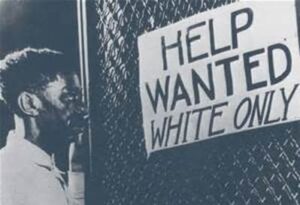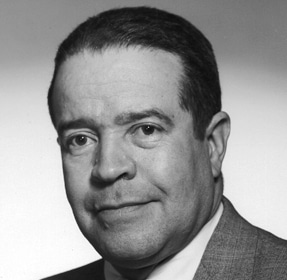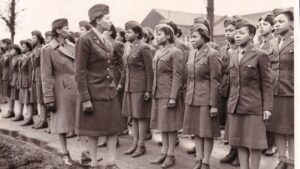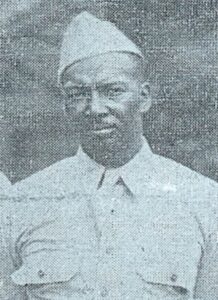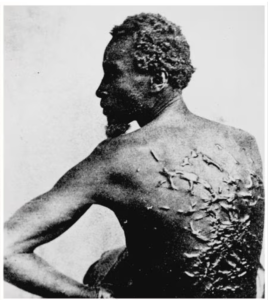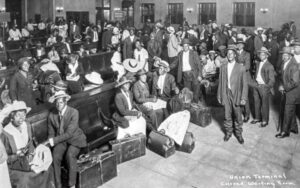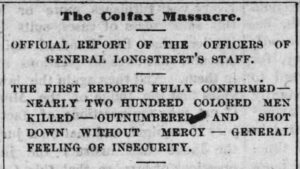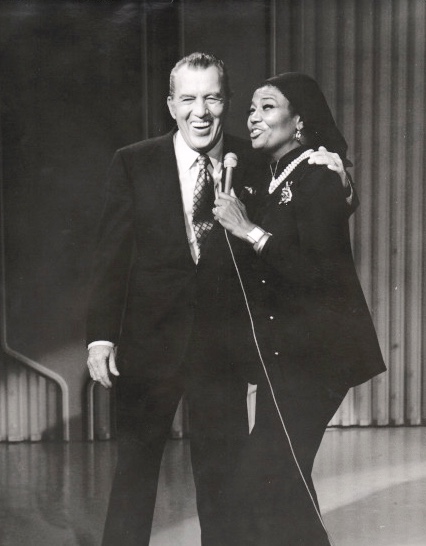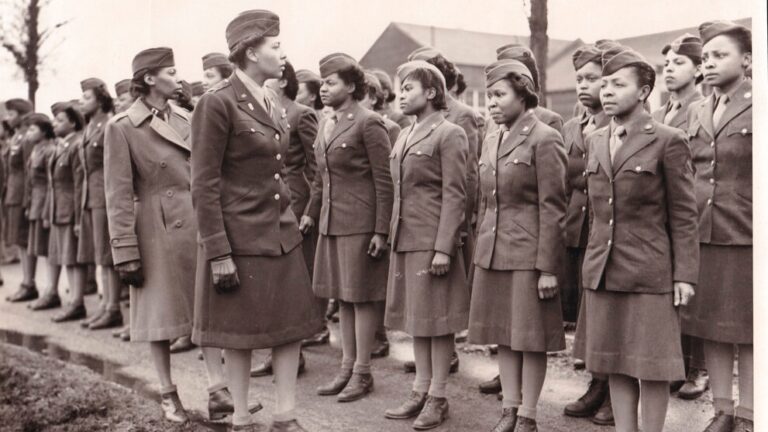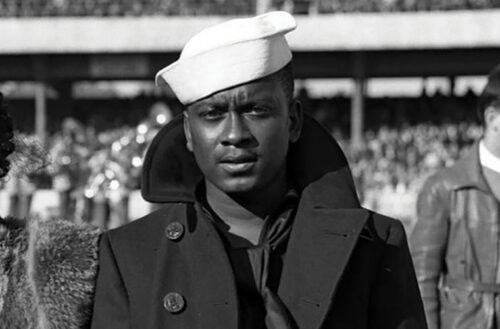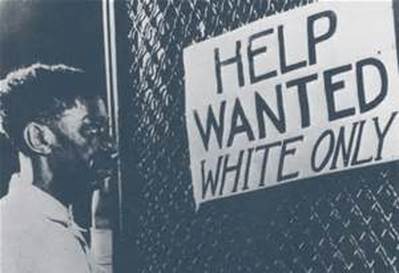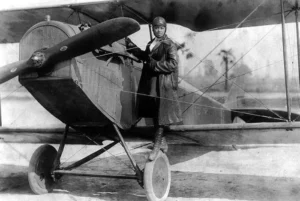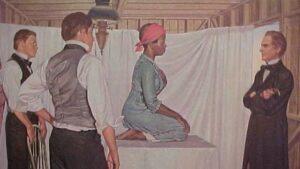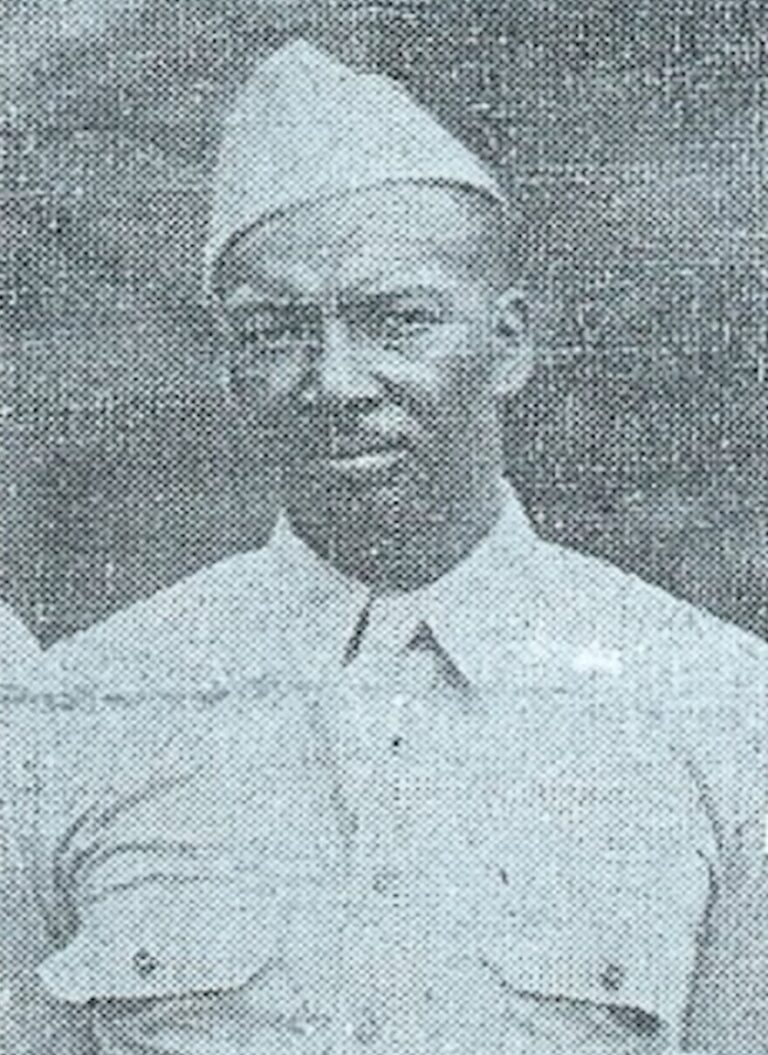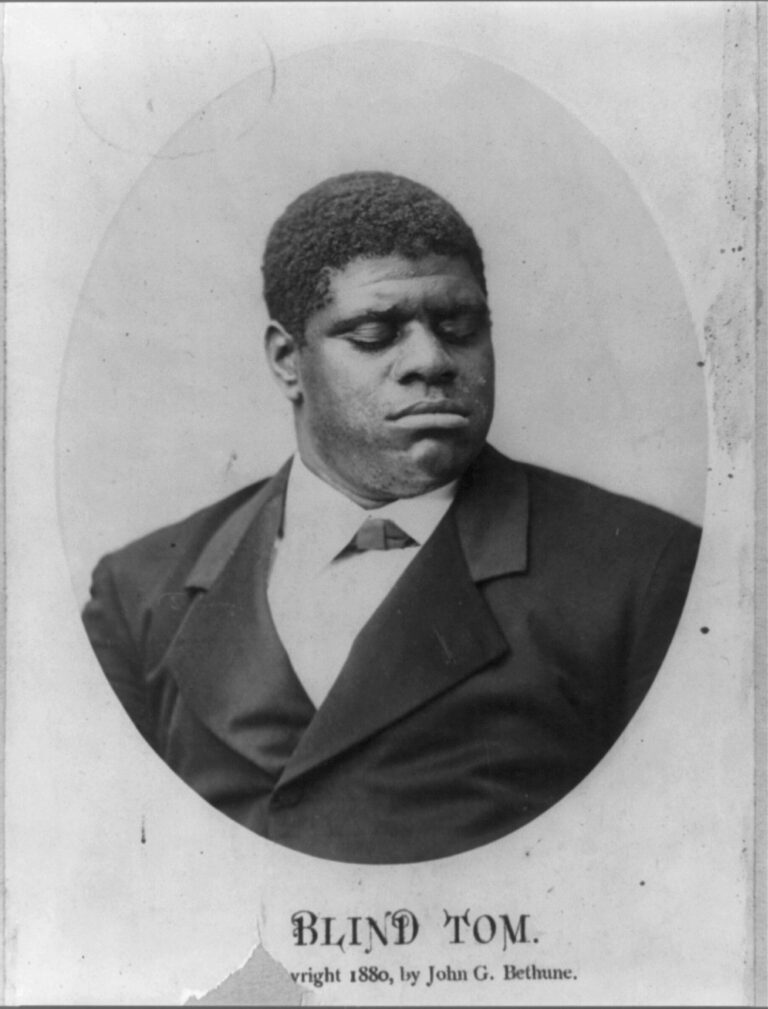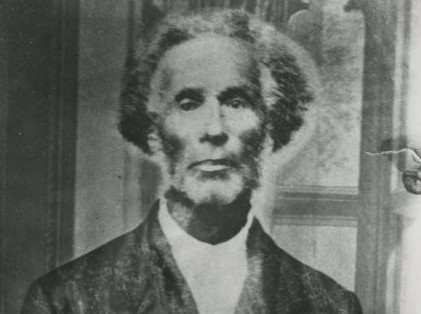Because he was such an icon, he was able to have Black artists on TV when they were often not welcomed nor wanted elsewhere.
Published on February 1, 2023
By Kevin Powell
I cannot recall when I first heard the name Ed Sullivan, but it certainly had to have been when I was a ghetto youth coming of age in the 1970s and 1980s. I initially connected his name with music superstars Elvis Presley and The Beatles, and their now legendary appearances on his variety show. I was intrigued by how he introduced musical guests, his mightily distinctive diction, his genuinely low-key demeanor. But I had no clue, truly, who the man was, why he was such a major force in entertainment, and why for so long, until after I reached adulthood.
That recognition likely began when I studied Black history and Black culture while in college, and in the years that followed when I became a journalist, particularly as a documentarian of music and other art forms. And by the time I was hired to be a senior writer at Quincy Jones’ Vibe magazine in the 1990s, I found myself perpetually scanning “The Ed Sullivan Show” for footage after footage of Black performers like The Jackson 5, like Mahalia Jackson, like the legit who’s who of Black genius in song, dance, film, theater, and comedy. It was almost as if Ed Sullivan had been intentionally curating Black history on television, knowing that Black lives not only mattered then, but would matter to those to come, like me.
Indeed, it was somewhere between my Vibe years and the past decade or so that I learned how invested Mr. Sullivan was in equality. Perhaps it was because, as a young man, he was a serious and great athlete, and had encountered Black folks on the sporting field as gifted as he, and it left an impression – one that taught him not to view any people as inferior, as was commonly believed in Jim Crow America, just because of the color of their skin. Perhaps it was because he was Irish and knew there was a time in this nation where there were loud proclamations that the Irish were considered the absolute bottom of the immigrant barrel. Perhaps it was because the love of his life, his wife Sylvia, was Jewish, and he saw first-hand the anti-Semitism those like her endured.
These and other factors are likely why The Ed Sullivan Show was converted into the performance arm of the Civil Rights Movement. Because he was such an icon and such an influencer, he was able to have Black artists in that theater when they were often not welcomed nor wanted elsewhere.
How else would you explain The Temptations and The Supremes doing their massive pop hits in that hallowed circle, accorded the same treatment as White musical innovators? And, yes, how else could Motown have become “the sound of young America” without allies and accomplices like Ed Sullivan?
This article appears in its entirety at the website Udiscovermusic. It can be read here.
